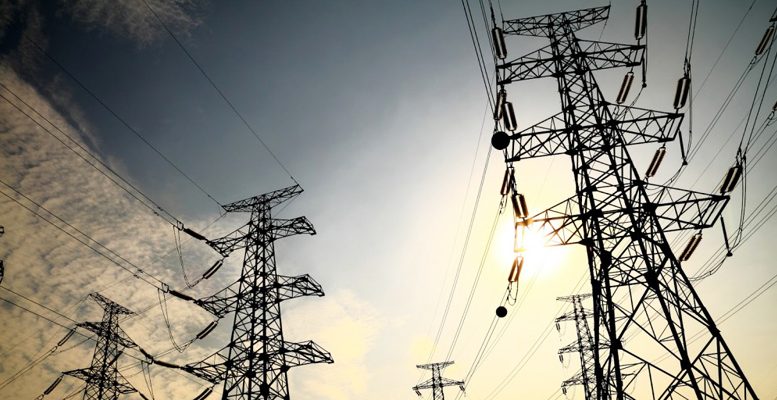Fernando González Urbaneja | In colloquial language, the word “carajal” is understood as a synthesis of a mess, a tangle, confusion: all in one. And there is no better definition for the issue of electricity prices. This is occupying the media so much that they are unable to explain the reality. In turn, this is worrying the government so much that it is afraid it has stepped on a mine and is unable to lift its foot without it exploding. The problem is that the price of electricity is a real, mobile and, now, growing fact with wide-ranging effects. The price of electricity (and that of rents and housing) is part of the agenda of social unrest and the discrediting of politics. Evictions have been a political banner on which some political careers have been built, and “energy poverty” is another of the flags of injustice and inequality.
The government did not realise that the change in the environment for gas prices and emission rights (the increase in their price since the beginning of the year) would have immediate and perverse effects on the complex scheme of electricity price formation and its transfer to end consumers.
The response has been a strategy of making excuses and pointing the finger at nasty third parties. Putin’s gas policy, European Union rules, the perversity of electricity companies incapable of offering empathy to their customers. Everything has been used to create a narrative which has only accentuated the perception that the price of electricity is unfair, excessive and unbearable.
All these explanations are insufficient, erroneous and useless. In fact, they have done nothing to stop the barrage of criticism. The price of electricity (and calling it a price is an understatement, as it is a price, a tax, a fee… in short, an out-of-control mess after too much fiddling) has been pushed into the red by external factors.
To compensate, from the outset, the government could have applied palliatives, but did not do so for reasons best known to itself. For example, it could have foregone that 26% of the final price the Treasury automatically takes. But this is a comfortable, guaranteed income that is difficult to give up. For example, they could have revised the composition of the equation of the costs attributed to the energy term (the tolls), which are highly arbitrary. But they did not know how to do that, or they failed to grasp the problem.
The end result is that one year after the price escalation began, the cost to the Treasury and to the credibility of the policy may be significant. Electricity prices have a direct impact on the CPI, in addition to the second round effects on the cost pattern of many products and services.
The (several) tenths of a percentage point increase in the CPI due to electricity will translate into much higher costs for public pensions and wages than the revenues from electricity bills. The official lack of foresight in this regard, the inability of the authorities to estimate the foreseeable consequences (or not) is inexplicable. This is not an equation for sages…all that is needed is to have the data and analyse it.
In the absence of intelligent and logical decisions, the ideological mirage of controlling prices by decree, nationalisation and other ineffective ideas appears. The responsibility lies with the government, not with Europe or the sector. And the longer they take to act, the worse it will be for them. They may even jeopardise the recovery because of what the third deputy Prime Minister is claiming to others: a lack of empathy.
It is going to cost the state a lot for the “carajal” of the electricity bill.





